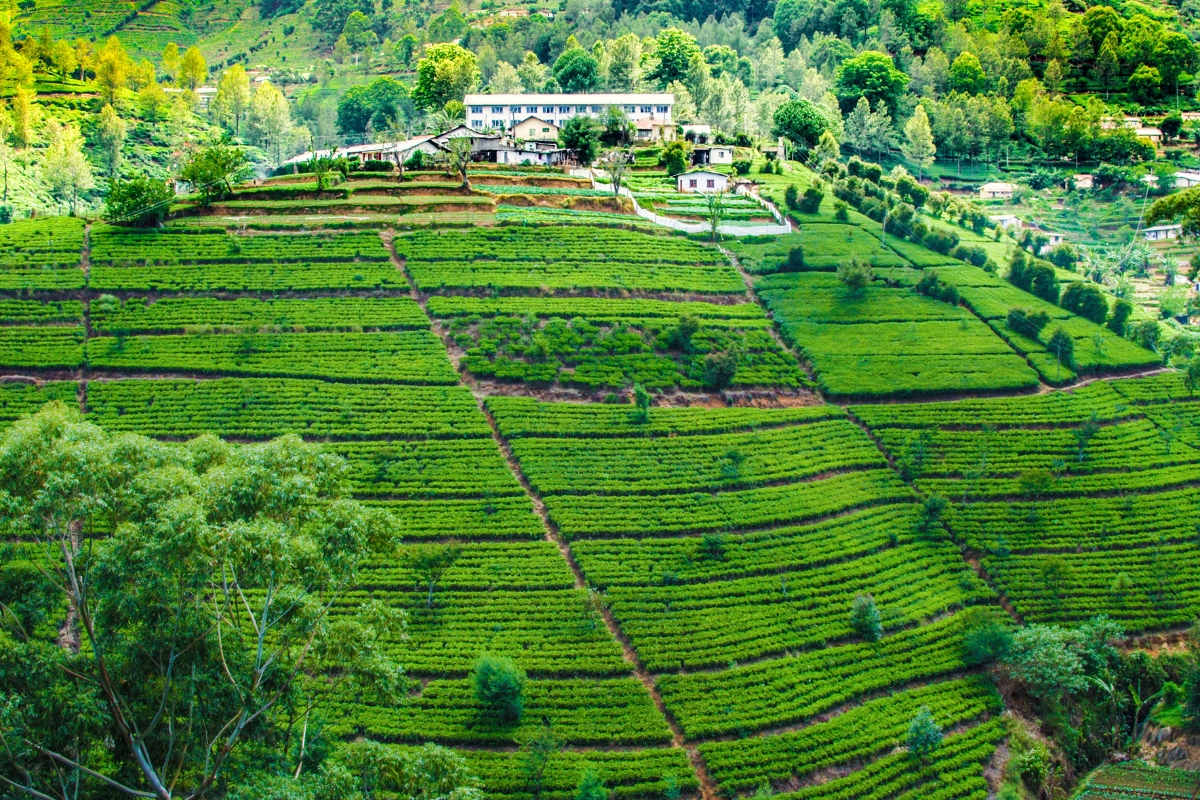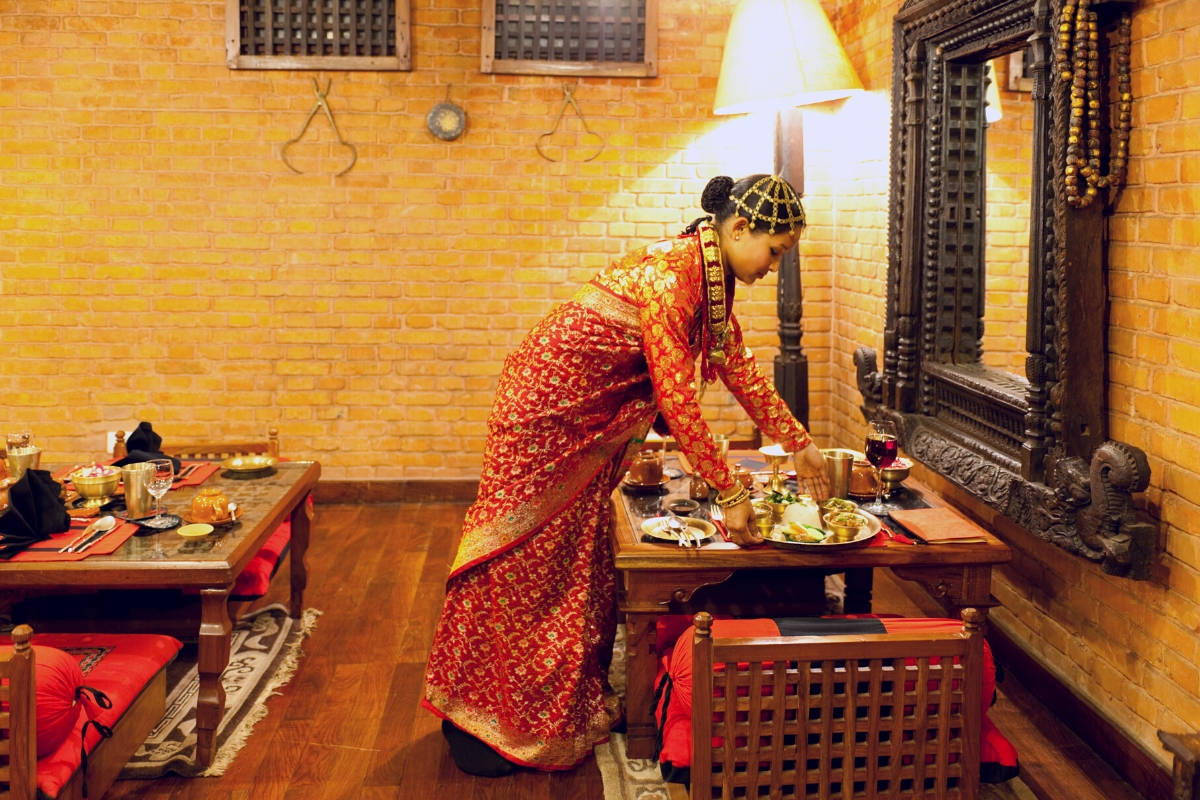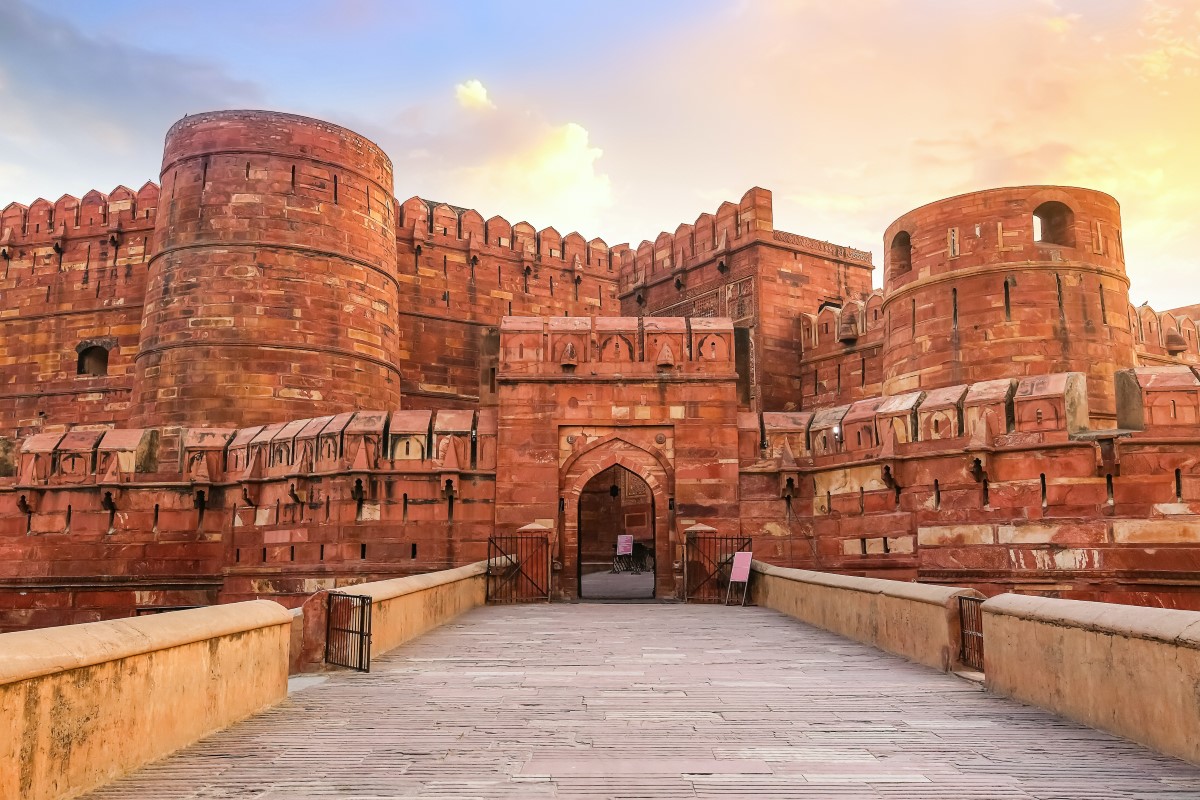Sri Lanka, formerly known as Ceylon, is a tropical paradise located in the Indian Ocean that’s been at the heart of the global tea industry for centuries. From ancient kingdoms to colonial rule, this intoxicating island nation has a captivating story to tell.
Ancient Sri Lanka
The history of Sri Lanka dates back thousands of years. The island was inhabited as early as 125,000 years ago, making it one of the oldest human settlements in South Asia. The first recorded civilization in Sri Lanka, the Anuradhapura Kingdom, emerged around the 4th century BC. It was during this time that Buddhism was introduced to the island by the missionary monk Mahinda, son of the Indian Emperor Ashoka. Buddhism quickly became the dominant religion in Sri Lanka and has played a profound role in shaping its culture, ethics, and way of life ever since. Buddhism remains a dominant force, and the island is home to numerous temples, stupas, and cultural landmarks that reflect its rich heritage.
Medieval kingdoms
Over the centuries, several powerful kingdoms ruled Sri Lanka, each leaving its mark on the island's history and culture. The Polonnaruwa Kingdom (11th to 13th centuries) is renowned for its remarkable irrigation systems, which are still in use today, ensuring the country's agricultural prosperity. The Dambadeniya Kingdom (13th century) introduced the Sinhala language as the official language of administration, a legacy that persists to this day.
Section Type: standardWidthImageS
The mystical, ancient rock fortress of Sigiriya.

One of the most iconic landmarks of ancient Sri Lanka is the Sigiriya Rock Fortress, built during the reign of King Kasyapa in the 5th century AD. This towering rock formation, adorned with frescoes and a palace at its summit, stands as a testament to the architectural prowess of these ancient civilizations.
Colonial rule
In the 16th century, European powers began to set their sights on Sri Lanka, drawn by its strategic location along the spice trade routes. The Portuguese were the first to establish control over coastal areas in the early 16th century, followed by the Dutch in the 17th century. However, it was the British who would have the most significant impact on Sri Lanka's history.
The British East India Company took control of Sri Lanka in 1796, and it became a Crown colony in 1802. Under British rule, the island's infrastructure, including railways and roads, saw significant development. The British also introduced a new cash crop that would come to define Sri Lanka's global identity: tea.
Section Type: standardWidthImageS
Manual machine that sorts tea in Ceylon, today's Sri Lanka, in the 1880s.

Of course, British colonial rule had several negative aspects. It led to the economic exploitation of the island, as the British established large plantations for cash crops which often relied on indentured labor from India. What’s more, the British implemented policies that favored certain ethnic and religious groups, exacerbating ethnic tensions between the Sinhalese majority and Tamil minority, a legacy that contributed to later conflicts. And it almost goes without saying that colonialism had a detrimental impact on traditional culture and language.
The importance of tea
The British legacy in Sri Lanka is perhaps most evident in its tea industry. Ceylon tea, as it was known then, became world-famous for its quality and flavor. In the mid-19th century, James Taylor, a British planter, introduced the cultivation of tea to Sri Lanka. The country's favorable climate, high altitudes, and fertile soil proved ideal for tea cultivation. Taylor's pioneering efforts led to the establishment of the first tea plantation in Sri Lanka, Loolecondera Estate. We strongly recommend visiting the Ceylon Tea Museum near Kandy.
The significance of tea to Sri Lanka goes beyond economics; it is intertwined with the nation's cultural fabric. Today, Sri Lanka is one of the world's largest tea producers and exporters. The lush tea plantations in the central highlands, often shrouded in mist, are a scenic wonder, attracting tourists from around the world. The tradition of afternoon tea remains popular, showcasing the enduring British influence on Sri Lankan culture.
Section Type: standardWidthImageS
Tea Estate in Ceylon, taken in 1922.

Independence and modern Sri Lanka
Through a process of political activism, constitutional reforms, and negotiations with the British government, Sri Lanka gained independence from British colonial rule on February 4, 1948. Since then, the country has faced various challenges, including ethnic conflicts and political turmoil.
The Sri Lankan Civil War was a protracted and violent conflict that lasted for nearly three decades, from 1983 to 2009. It primarily pitted the Sri Lankan government, dominated by the Sinhalese majority, against the Liberation Tigers of Tamil Eelam (LTTE), a militant organization seeking an independent Tamil state in the northern and eastern regions of Sri Lanka. The war resulted in significant loss of life, displacement of civilians, and widespread human rights abuses on both sides, and it concluded with a military victory by the Sri Lankan government in May 2009.
In recent decades, Sri Lanka has made significant progress in terms of economic development and social stability. The island nation has diversified its economy beyond tea, with tourism, manufacturing, and services playing pivotal roles. However, the country’s economy was hit very hard by the COVID-19 pandemic.
Section Type: cta
SA Expeditions would love to introduce you to the many marvels of Sri Lanka. First check out our most popular itinerary; then speak to a Destination Expert about creating the perfect brew for you and your traveling companions.

 India & the Himalayas
India & the Himalayas India & the Himalayas
India & the Himalayas